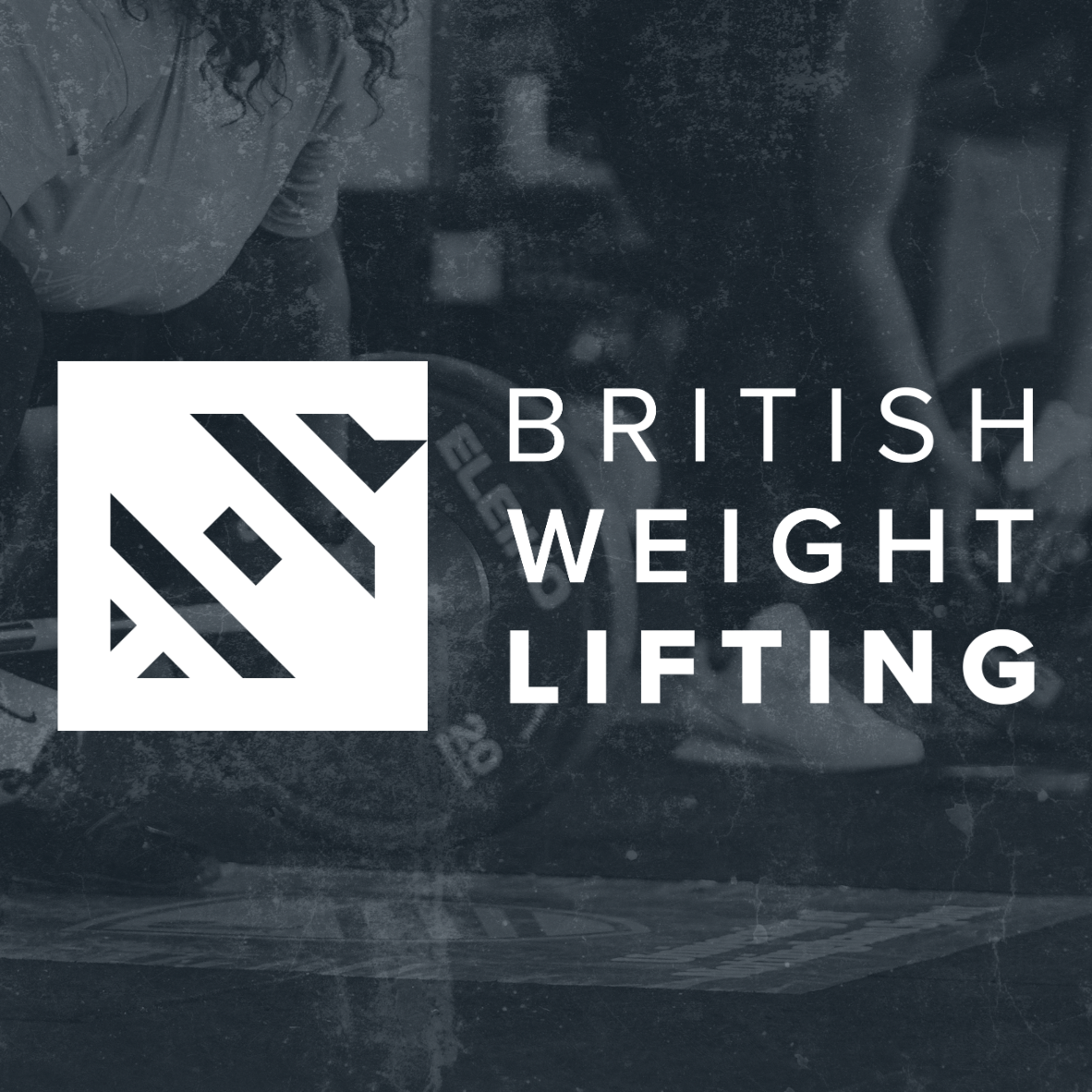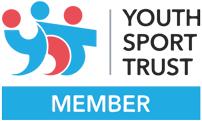Anti-Bullying - Change Starts With Us
Anti-Bullying Alliance, with support from O2, have published a ‘Change Starts With Us’ report outlining young people’s recommendations for change as part of anti-bullying week from 11 - 15 Nov 2019.
• 24% of children surveyed said they are bullied once a week or more
• 11% said they have missed school because of bullying

The survey of over 1,000 11 to 16-year-olds, published by the Anti-Bullying Alliance ahead of Anti-Bullying Week, shows the scale of bullying that children are experiencing on a day-to-day basis, with nearly a quarter (24%) saying they have been bullied once a week or more during the last six months. Nearly one child in every classroom (3%) said they are bullied every day.
One in ten children (11%) said they have missed school due to bullying. Even greater numbers have changed their route to school (14%) and nearly one in five (19%) have steered clear of spending time with friends to avoid being bullied. A similar amount (19%) have avoided social media and online gaming because of bullying, underlining how being bullied as a child can have serious repercussions, often lasting well into adulthood.
Working with young people, the Anti-Bullying Alliance and O2 have published a report setting out young people’s recommendations about what we can all do to address bullying:
- Schools and education settings must record how much bullying is taking place and understand the ‘hotspots’ where bullying is more likely to happen, such as the journey to and from school.
- Social media and online gaming companies should set children’s default privacy settings to the highest level.
- Media and influencers should use their power responsibly and portray real life rather than an ideal.
- Parents and carers should attempt to understand the technology that children use and take time to listen to children.
- Government and parliamentarians should act as role models in how they treat each other and fund more training for schools.
- Children and young people should think about the impact of their words and actions.
To view the report, click here - https://bit.ly/36YyVVK
A definition of bullying:
There is no legal definition of bullying. But it is usually defined as repeated behaviour which is intended to hurt someone either emotionally or physically and is often aimed at certain people because of their race, religion, gender or sexual orientation or any other aspect such as appearance or disability.
Bullying can take many forms including:
- Verbal: name calling, persistent teasing, mocking, taunting and threats
- Physical: Any degree of physical violence, intimidating behaviour, theft or the intentional damage of possessions.
- Emotional: excluding, tormenting, ridiculing, humiliation, setting people up and spreading rumours.
- Cyber bullying: the misuse of digital technologies or communications to bully a person or group, typically through messages or actions that are threatening and/or intended to cause offence, anxiety or humiliation.
Bullying can have a detrimental effect on young people, on their mental health, well-being, relationships and education. Bullying doesn’t just affect children but adults too and has no place in society.
Anti-bullying week helps to highlight the different organisations out there for people to get support from. If you are being bullied – please speak with someone you can trust, a parent, Coach, Welfare Officer Friend, Teacher or family member who can help give you that initial support.
Cyberbullying and online harassment can be extremely distressing. Victims may experience low self-esteem, withdrawal from family and spending a lot of time alone, reluctance to let parents or other family members anywhere near their mobiles, laptops and finding excuses to stay away from school or work.
If you believe that you are the victim of bullying or if someone is pressurising you to do things online that you don’t want to do such as sending a sexual text, image or video it can be hard to talk about, but you should not deal with it alone.
Try and talk to a trusted adult such as a Parent, Family member, Carer, Coach, Welfare Office at your club, Teacher or a Friend. You can also contact a support organisation such as NSPCC or Bullying UK for confidential help and advice.
Or you can contact British Weight Lifting Safeguarding Officer, Sue Ward:
Email: Sue.ward@britishweighlifting.org / Phone: 01132249402 / Mobile: 07834520747
Other useful numbers
NCPPC - WWW.NSPPC.org.uk Helpline: 08088005000
Bullying UK – WWW.Bullying.co.uk Helpline: 08088002222
Kidscape - WWW.Kidscape.org Helpline: 02078235430
Childline – WWW.Childline.org.uk Helpline: 08001111
Ann Craft Trust WWW.anncrafttrust.org Helpline: 01159515400
Partners
-
 Official Partner
Official Partner
-
 Official Equipment Partner
Official Equipment Partner
-
 Official Partner
Official Partner
-
 Official Partner
Official Partner
-
 Official Photography Agency
Official Photography Agency
-
 Official Partner
Official Partner
-
 Official Partner
Official Partner
-
 Official Partner
Official Partner
-
 Official Partner
Official Partner
-
 Official Travel Partner
Official Travel Partner
-
 Partner
Partner
-
 Funding Partner
Funding Partner
-
 Funding Partner
Funding Partner
-
 Funding Partner
Funding Partner
-
 Official Strategic Partner
Official Strategic Partner
-
 Official Strategic Partner
Official Strategic Partner
-
 Official Strategic Partner
Official Strategic Partner
-
 Weight Lifting Foundation Charity
Weight Lifting Foundation Charity
-
 Official ELearning Partner
Official ELearning Partner
-
 Official Awarding Organisation
Official Awarding Organisation
-
 Official Course Endorsement
Official Course Endorsement


